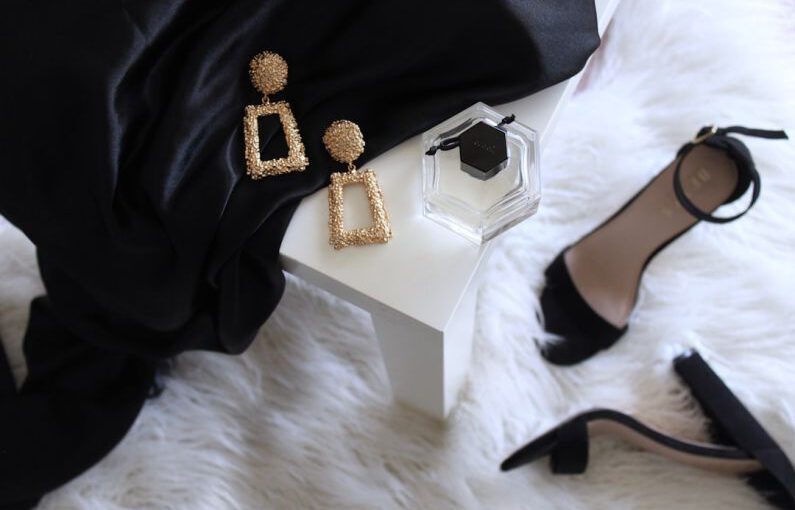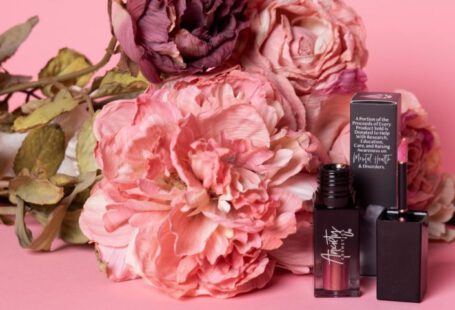Luxury and sustainability are two concepts that have historically been seen as contradictory. The idea of indulging in high-end, expensive items seems to clash with the principles of eco-consciousness and ethical consumption. However, as the world becomes more aware of the environmental and social impact of our purchasing decisions, the question arises: can sustainable shopping include luxury items?
The Rise of Sustainable Luxury
In recent years, there has been a noticeable shift in the luxury industry towards sustainability. High-end fashion houses, jewelry brands, and cosmetic companies are increasingly incorporating eco-friendly practices into their production processes. From using ethically sourced materials to reducing carbon emissions, luxury brands are taking steps to minimize their environmental footprint.
One of the driving forces behind this shift is the changing consumer mindset. Today’s shoppers are more informed and conscientious about the products they buy, demanding transparency and sustainability from the brands they support. As a result, luxury companies are recognizing the need to adapt to these evolving consumer preferences in order to stay relevant and competitive in the market.
Sustainable Luxury in Fashion
The fashion industry, in particular, has been at the forefront of the sustainable luxury movement. Many high-end fashion brands are now investing in sustainable materials such as organic cotton, recycled polyester, and plant-based alternatives to leather. By incorporating these eco-friendly materials into their collections, luxury fashion houses are able to offer consumers the option to purchase high-quality, luxurious items that are also environmentally friendly.
In addition to using sustainable materials, many luxury fashion brands are also implementing ethical production practices. This includes ensuring fair wages and working conditions for garment workers, as well as supporting local communities and artisans. By prioritizing ethical production, luxury brands are not only reducing their impact on the environment but also contributing to social welfare and economic development.
The Role of Technology in Sustainable Luxury
Advancements in technology have also played a significant role in making luxury items more sustainable. Innovations such as 3D printing, virtual fitting rooms, and blockchain technology have enabled luxury brands to optimize their production processes, minimize waste, and track the sustainability of their supply chains.
For example, some luxury jewelry brands are using 3D printing to create intricate designs with minimal material waste. Virtual fitting rooms allow customers to try on clothes digitally, reducing the need for physical samples and decreasing the environmental impact of the fashion industry. Blockchain technology is being used to trace the origins of materials and ensure transparency and accountability throughout the supply chain.
Challenges and Opportunities
While the rise of sustainable luxury is a positive development, it is not without its challenges. Luxury brands face the dilemma of balancing sustainability with exclusivity and craftsmanship, which are key components of the luxury experience. Additionally, the high cost of sustainable materials and production methods can make it difficult for luxury brands to maintain their profit margins while investing in sustainability.
However, these challenges also present opportunities for innovation and creativity within the luxury industry. By embracing sustainability as a core value and integrating it into their brand identity, luxury companies can differentiate themselves in a crowded market and attract a new generation of environmentally conscious consumers.
Embracing Sustainable Luxury
In conclusion, the idea that sustainable shopping cannot include luxury items is being challenged by the growing trend of sustainable luxury. Luxury brands are increasingly embracing sustainability as a core value, incorporating eco-friendly materials, ethical production practices, and technological innovations into their products and processes.
As consumers become more aware of the impact of their purchasing decisions, there is a growing demand for luxury items that not only look and feel luxurious but also align with their values and beliefs. By embracing sustainable luxury, luxury brands have the opportunity to create a more sustainable future for the fashion industry and set a new standard for responsible consumption.





